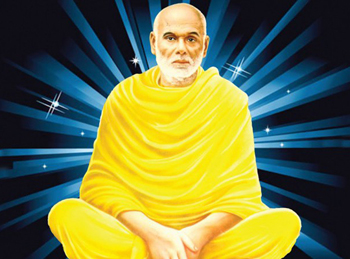Bengaluru, Aug 24: The Jayanti or birth anniversary of Bramharshi Narayana Guru, scheduled on September 16, will be celebrated as a government programme, assured Chief Minister Siddaramaiah.
 Sri Narayana Guru, a Kerala-born philosopher and social reformer, is known for his efforts for the spiritual and social upliftment of the downtrodden.
Sri Narayana Guru, a Kerala-born philosopher and social reformer, is known for his efforts for the spiritual and social upliftment of the downtrodden.
A delegation of the Billava Association, led by its president M. Vedakumar, called on the chief minister on Wednesday.
Mr. Siddaramaiah assured them that the 162rd Jayanti of Sri Narayana Guru will be celebrated as a government programme.
He has directed officials of the Department of Kannada and Culture to make arrangements for the celebrations, according to a release from the Chief Minister's office.




Comments
First respect Janardhan poojary. Without him u cant attract poojary's society by celebrating narayana guru jayanthi
Late but Good decision...well deserved
Add new comment